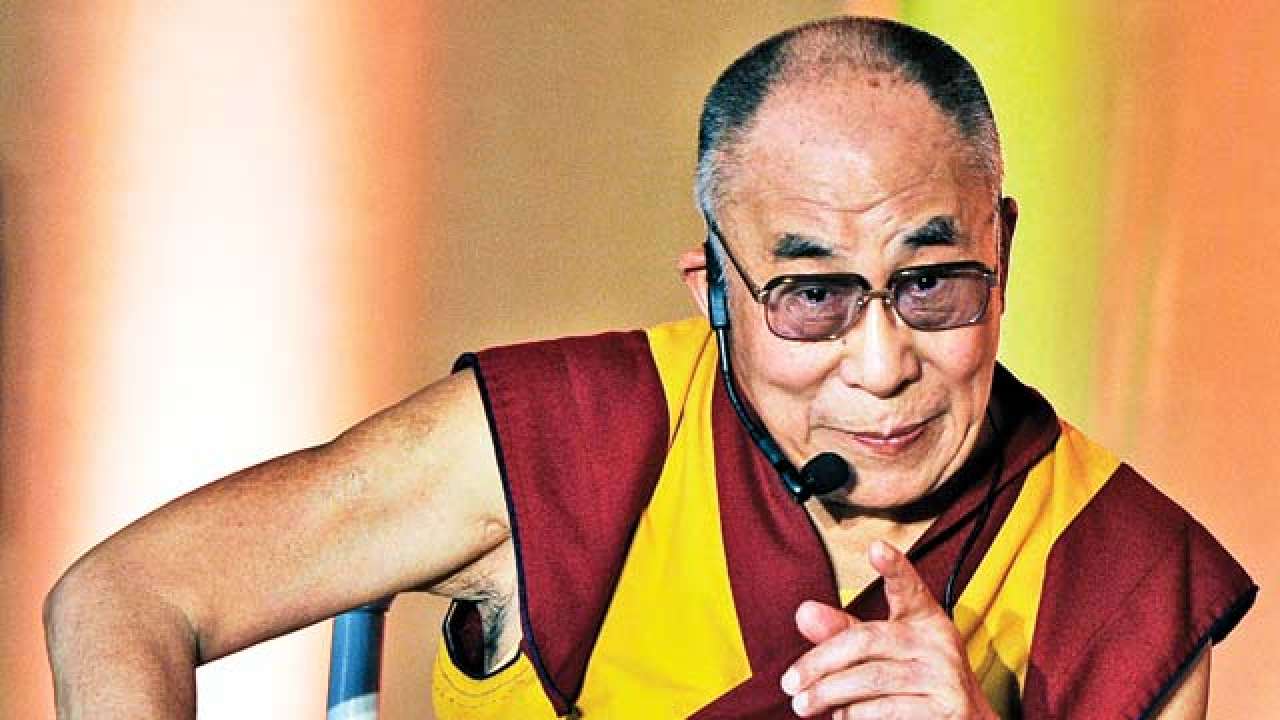
The fact that the government saw fit to send two senior BJP leaders to share the dais with the Dalai Lama — at an event to mark 60 years of political asylum for Tibetans in India — was a clear signal that New Delhi would continue to look after Tibetan rights even at the cost of upsetting Beijing. The fact that the move comes just a month after Cabinet Secretary PK Sinha had issued an advisory asking ‘senior leaders’ both in the states and Centre to stay away from events involving the Dalai Lama, suggests that New Delhi is sending a message to Beijing after reports that the PLA (People’s Liberation Army) is building fresh infrastructure in Arunachal Pradesh.
Earlier this month, Defence Minister Nirmala Sitharaman told Parliament fresh construction activities by China in Doklam, an area where the two countries had engaged in a standoff after Beijing looked to create a road there, had resumed. India’s military has responded to the Chinese move by redeploying its own forces along the LAC (Line of Actual Control). But such measures do not bode well for two countries who have called for a ‘reset’ to relations after Doklam.
Prime Minister Modi is likely to visit China in June to attend the Shanghai Cooperation Organisation (SCO) summit and it is unlikely that both sides would want any incident that would derail the PM’s visit. This is where New Delhi needs to stop and think. Yes, it was important to send a message to Beijing and the world of its solidarity with Tibet — especially after having being accused of abandoning them — but it could have been delivered more subtly. A meeting of the Dalai Lama by two leaders, one of them a Union Minister, and that too in Tibet’s unofficial capital is not a good way to ‘restart’ ties especially when a high profile and sensitive visit is coming up.